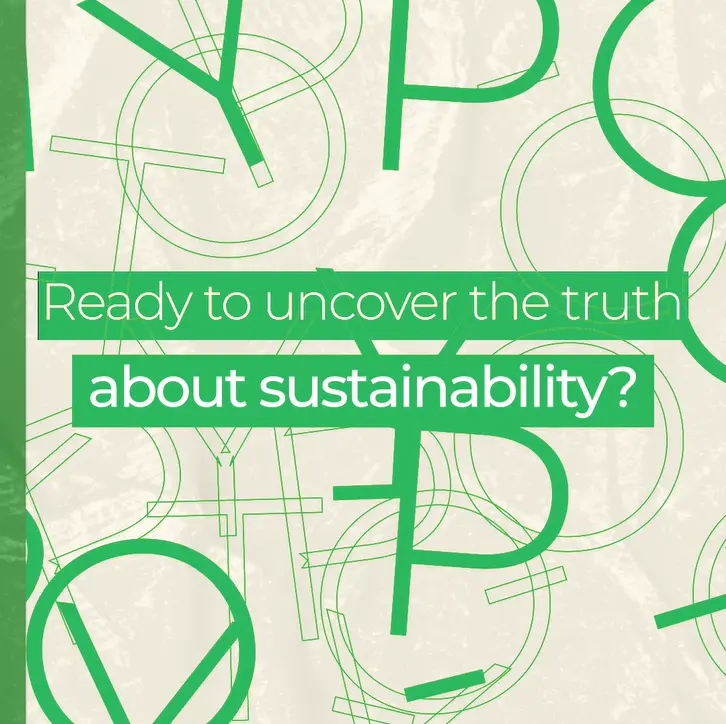
Green Myths Debunked: Unraveling Historical Misconceptions About Sustainability
Sustainability is a buzzword in today’s environmental discourse, yet it is often shrouded in myths and misconceptions. “Green Myths Debunked” delves into the annals of history to clarify misconceptions about sustainability, offering a refreshing perspective on our journey towards a greener planet.
The Myth of Pristine Nature
Many believe that ancient civilizations lived in perfect harmony with nature, causing no environmental harm. However, evidence suggests that humans have always impacted their environment, albeit at different scales. Understanding this helps contextualize modern sustainability efforts within a long history of human-environment interaction.
The Infinite Resource Fallacy
The industrial revolution brought about the misconception that Earth’s resources were infinite. This section debunks the myth by highlighting historical instances of resource depletion and their consequences, emphasizing the importance of sustainable resource management.
The Single-Use Tradition
Contrary to the belief that single-use products are a modern invention, historical societies also used disposable items. The difference lies in the materials and scale. This myth’s debunking sheds light on how ancient practices can inform more sustainable consumption patterns today.
Recycling: A Modern Invention?
Recycling is often viewed as a contemporary response to modern waste problems. However, recycling and resource recovery have ancient roots, from metalwork in medieval times to paper recycling in 19th-century Japan. This historical perspective underscores recycling’s longstanding role in human societies.
The Misconception of Environmental Sustainability as a Luxury
The idea that environmental sustainability is only for the affluent is a modern myth. Historical evidence shows that sustainable practices have been integral to survival in various cultures, emphasizing sustainability as a universal necessity, not a luxury.
Conclusion
“Green Myths Debunked” challenges and clarifies long-held beliefs about sustainability, providing a nuanced understanding of our environmental responsibilities. By learning from the past, we can forge a more informed path towards a sustainable future, recognizing that our efforts are part of a long continuum of human engagement with the planet.

